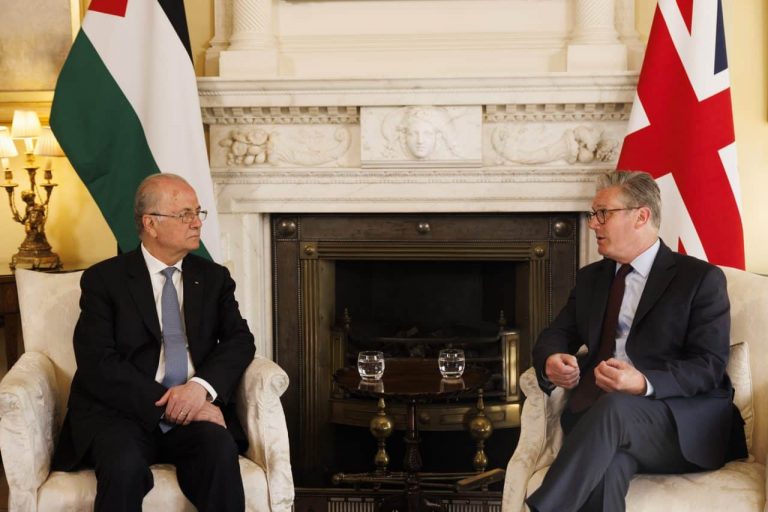Portuguese Workers Bring Country To A Halt In Historic General Strike
Tens of thousands of Portuguese workers walked off the job this week, dressed in workers’ red, in the country’s first general strike in 12 years. This massive show of force is a direct challenge to the right-wing government’s aggressive assault on labor rights, wages, and collective bargaining.
The nationwide strike action halted ports, grounded flights, shuttered schools, and stalled public transport. Workers from every sector said they will no longer accept a return to deeper exploitation and austerity.
The General Confederation of the Portuguese Workers (CGTP-IN) underscored that the attack on workers’ living standards comes not during an economic crisis but amidst growth and steep rises in corporate profits.















